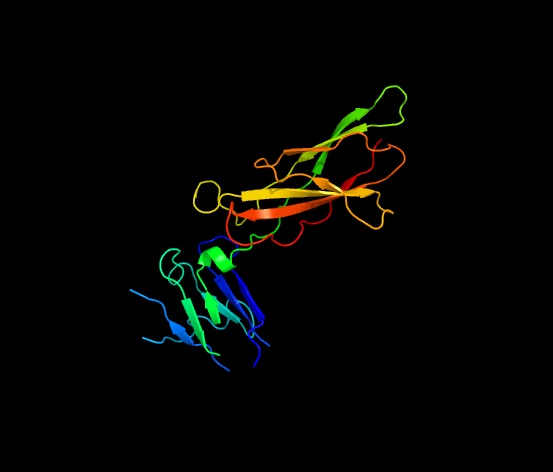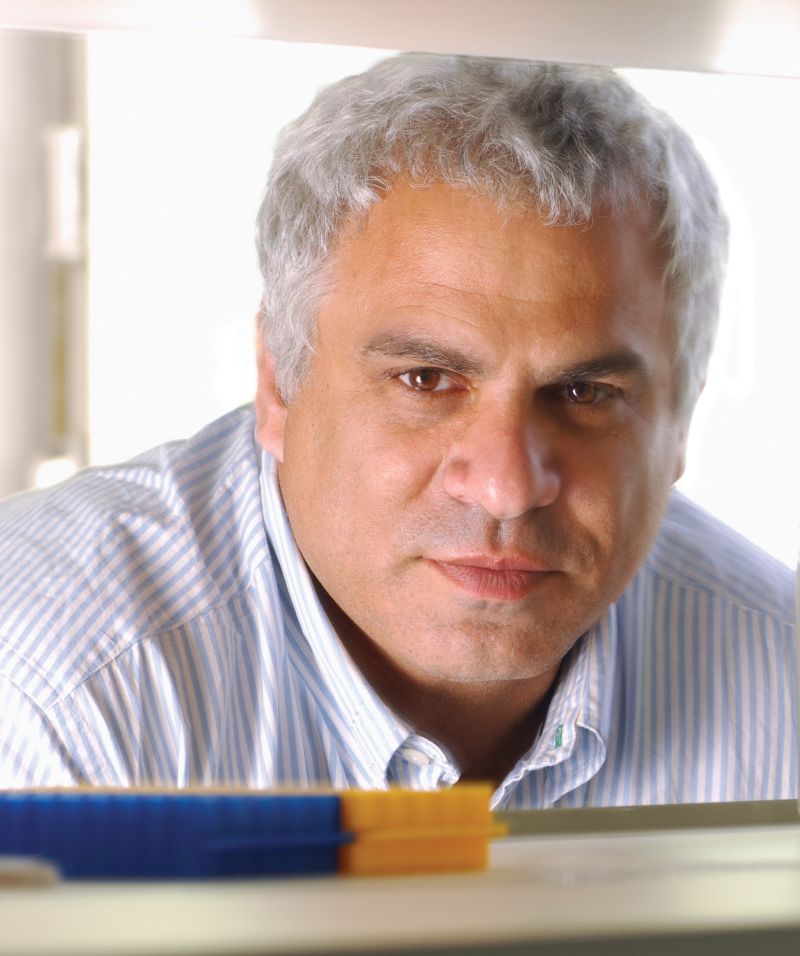
A genetic mutation in males was identified as a marker of exceptional longevity.
Prof. Gil Atzmon and his research team, together with colleagues at Albert Einstein College of Medicine (Einstein) in New York, recently made international headlines for identifying a gene mutation that significantly extends longevity in men.
The study, published in Science Advances, found that the genetic mutation can extend life in males by ten years, but did not have the same effect on women. “It is known that aging and longevity are related to the growth hormone pathway – now we have found a specific mutation in the growth hormone receptor in males whose presence or absence is directly related to it (longevity),” notes Atzmon. The study looked at data from Ashkenazi centenarians at Einstein and compared it with three other centenarian populations from France and the United States.
In all these groups, the research team found that a deletion of the growth hormone receptor exon-3 was a marker of exceptional longevity. “There is no doubt that the mutation is not the only factor affecting longevity,” adds Prof. Atzmon, “but the presence of the mutation almost certainly contributed to longer life. Our goal now is to understand the mechanism of the variation we found, so that we can enable longevity while maintaining quality of life.”
Further investigation of these genes may enable scientists to design drugs to mimic their effects and slow down the aging process.
Did you know?
The study led by Prof. Atzmon identifying the male longevity gene was recently selected to be included in a time capsule showcasing Israeli research with the greatest impact on technology and science over the last decade. The time capsule, organized for the occasion of the 2017 European Researchers’ Night, will be placed in the foundations of the new National Library of Israel.
Why do some people live longer than others?
Can we slow down the aging process?
How close are we to ‘curing’ aging?
These questions are fueling the field of epigenetics – a rapidly growing area of biomedical research that focuses on the link between genetics, disease and aging.
With the proportion of people aged 60 and older growing faster than any other age group, population aging has emerged as a global public health issue. Generally accompanied by increased incidences of chronic diseases, such as Alzheimer’s and Type 2 diabetes, cardiovascular disease and many forms of cancer, aging populations pose taxing challenges to the healthcare system. Understanding the genetic mechanism that controls aging and longevity will have a profound impact on health, the economy and society.

Photo: Eli Gross
Research at the Laboratory of Genetics and Epigenetics of Aging and Longevity aims to better understand the association of the whole genome to disease, performance, health and longevity. Scientists at the lab are harnessing new technologies to discover genetic mechanisms that may slow or even reverse aging. Their research activities include a novel approach to examining mechanisms leading to “successful” aging and longevity, comparing two exceptional study groups – centenarians and naked mole-rats (Heterocephalus glaber), the world’s longest-lived rodent.
For more information about supporting the pioneering research being conducted at the Laboratory of Genetics and Epigenetics of Aging and Longevity,please contact the Office of the Vice President for External Relations and Resource Development.

